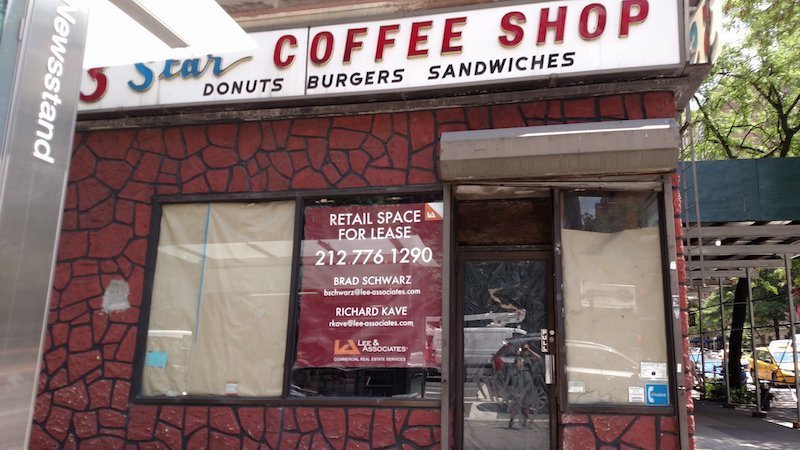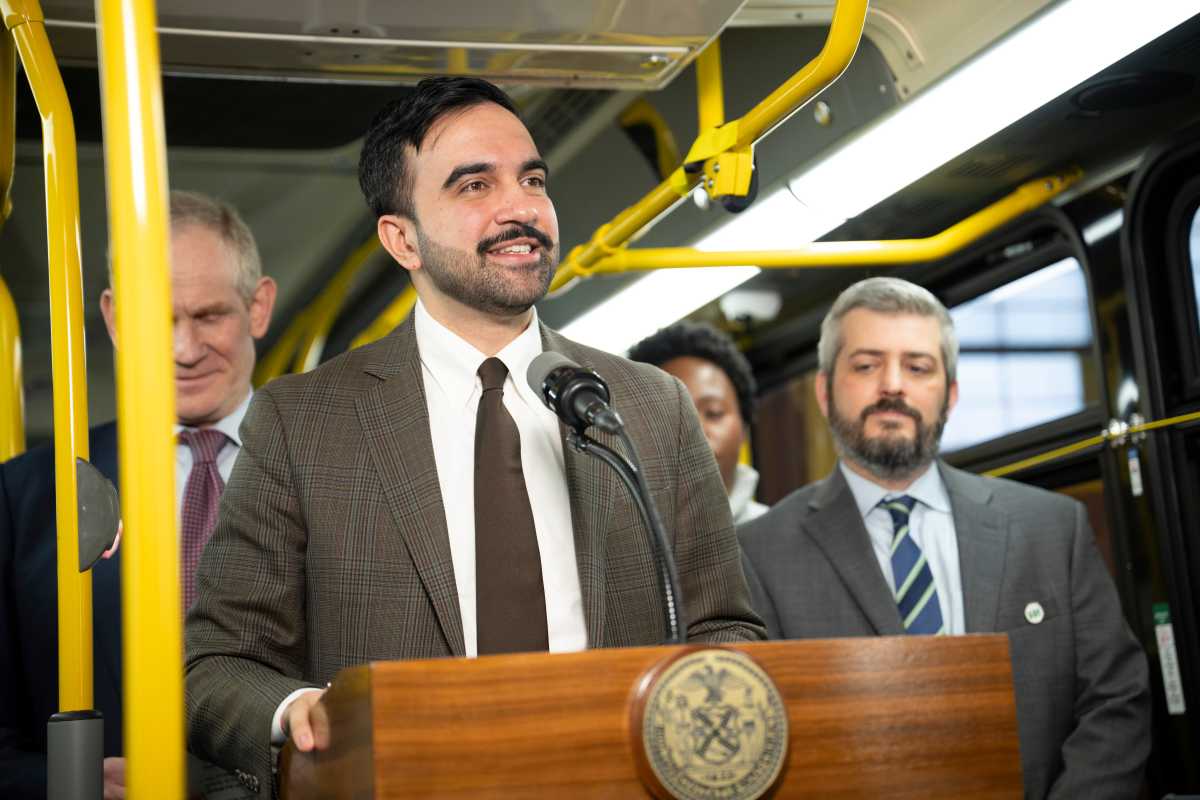City Councilmember Stephen Levin last week introduced a bill establishing a commercial Rent Guidelines Board (RGB).
This nine-member board appointed by the Mayor would establish annual commercial increases for certain types of businesses leasing a specific sized space. In a statement, CM Levin described his legislation as helping to “establish basic rights for commercial tenants.“

Unfortunately, his commercial rent control bill does not include the most basic right – the right to a lease renewal. The bill only addresses the rent while ignoring the unfair commercial lease renewal process, the root cause forcing businesses to close.
In 2015, 55-year-old Bronx bakery Zaro’s was forced to close. Owner Michael Zaro says the landlord notified them six weeks prior that their lease would not be renewed. “After almost 60 years, this is the notice we get. No chance to bid on the space, no chance to try to keep business,” said Zaro. Creating commercial rent guidelines would not have saved Zaro’s or any other business the landlord wants to kick out. What good are rent guidelines if you don’t have a lease?
The Small Business Jobs Survival Act (SBJSA), a bill that would give rights to commercial tenants when their leases expire, would stop this one-sided process and allow Zaro’s and other long-established businesses to remain in business.
It would be impossible to establish fair uniform rent control for commercial businesses in a large diverse city like NYC. Consider every borough has at least 20-30 or more different unique shopping districts and neighborhoods. Corner store locations are more valuable than middle of the block. Borough and proximity to transportation also make a commercial space more valuable. Why should businesses on a quiet side street with little traffic in Brooklyn pay the same rent increases as merchants on Broadway in Manhattan? The SBJSA has language that allows for arbitration on a case by case basis.
Other flaws in the commercial rent control bill are it only applies to certain types of businesses. In Williamsburg alone, nine music venues closed in two years and yet the arts are excluded from this bill. It is unacceptable to exclude art and cultural institutions as they too are in a crisis to survive. The bill also allows landlords to continue to give short term one/two year leases to business owners who have been victims of decades of manipulation and speculation of the free market, rent gouging, warehousing storefronts, flipping property with commercial space in it and just plain greed. How can business owners plan for their future, invest in their business and create jobs with short term leases?
The composition of the commercial RGB tells another story. The chairperson is required to have a background in “finance or economics.” Four of the board members also require a background in “finance, economics, real property management or community development.” City Hall translation: majority landlords and developers. It is also important to note, there is no visibility into how much this will cost taxpayers. The SBJSA, on the other hand, does not cost the taxpayers a penny.
The SBJSA had a long-overdue hearing a year ago where Speaker Johnson pledged to work with the Council to amend the bill and pass it. So why not make changes to the SBJSA so it applies to a specific size and type of business (and the arts) as outlined in CM Levin’s bill? Or has William Rudin, who revealed he is leading REBNY to work with the City Council on the SBJSA “to voice opposition,” influenced Speaker Johnson? Is Rudin/REBNY also influencing Councilmember Levin?
City Council can either pass legislation giving rights to negotiate a lease renewal that would stop long-established businesses like Zaro’s from closing, or pass substitute legislation that does not address the heart of the crisis – the unfair lease renewal process.










